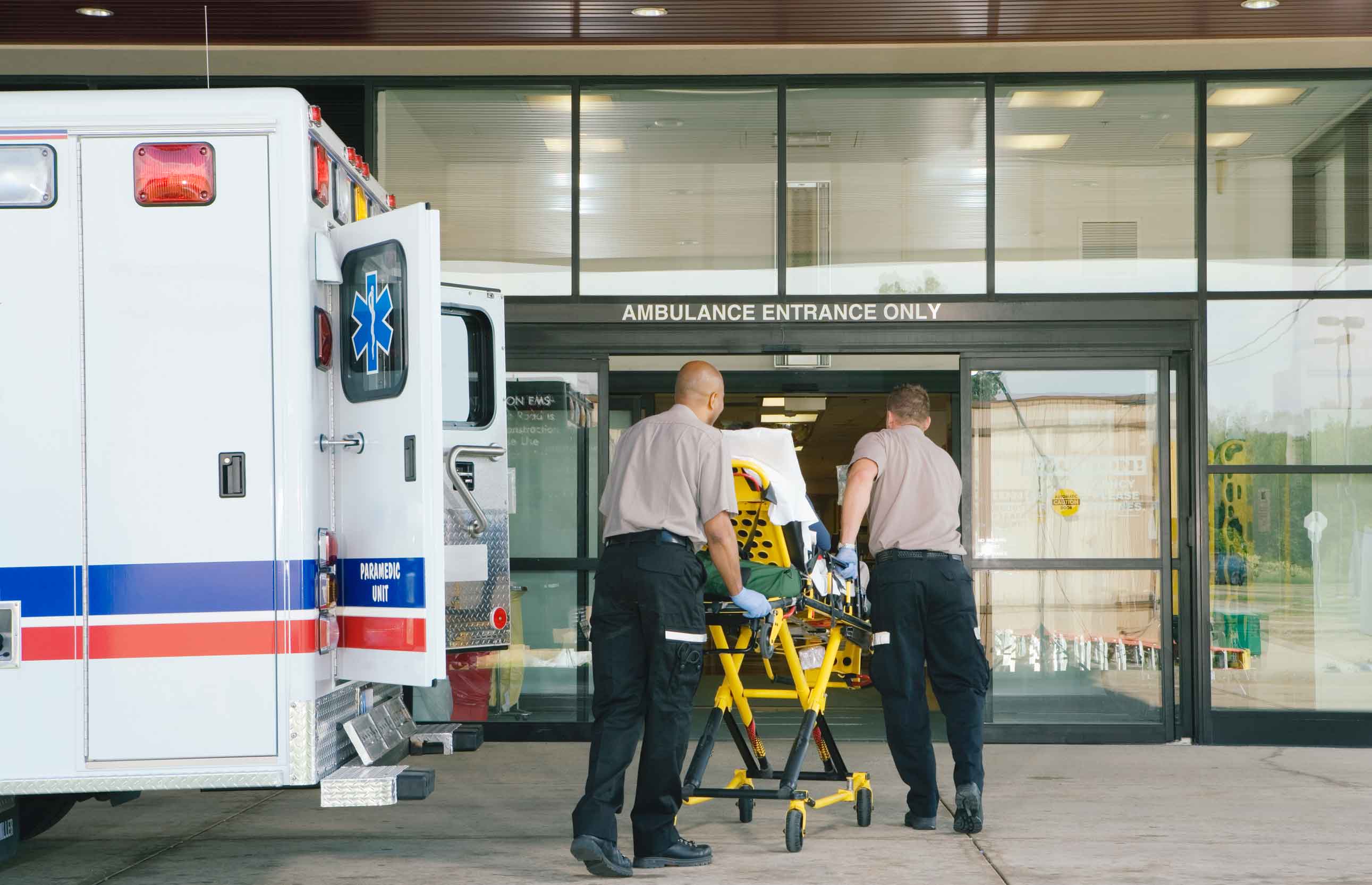Sort of. There was a
viral story a few years back about a family that posted a hospital bill that had an $40 itemized charge that turned out to be for the time of a nurse who was in the room as a safety measure while the new mother held her baby.
But the itemized list of charges the hospital generates is rarely what people in the U.S. pay for a hospital stay. Hospitals maintain lists of all their own prices and use it generate bills (for cost accounting purposes as much as anything), but what really matters with respect to payment tends to be the list of prices that insurers curate. The dollar values tend to be negotiated between the hospital and insurer, but commonly the insurer pays a flat fee for a hospital stay that, based on algorithm that takes into account the patient's diagnoses and severity, pulls from a list of several hundred possible service bundles and price points. The labor of nurses involved in the patient's care is all rolled into that, it's not an itemized add-on.
Sometimes, instead of the all-inclusive fee based on the patient's diagnosis I just described, an insurer
will pay based on the charges generated by the hospital. The insurer will have some negotiated discount on the hospital's charges (e.g., maybe it pays ~30% of each charge the hospital documents), in which case an additional charge like this is relevant.
But
patients have their own agreements with insurers, based on the design of their health plan, that determine what they contribute out-of-pocket to the total price the insurer has negotiated with the hospital. So the extent to which a given patient is paying for a given itemized charge is convoluted and somewhat academic given the multiple parties and arrangements and payment methodologies that exist out there--but patients do pay something for the cost of a hospital stay, yes.




